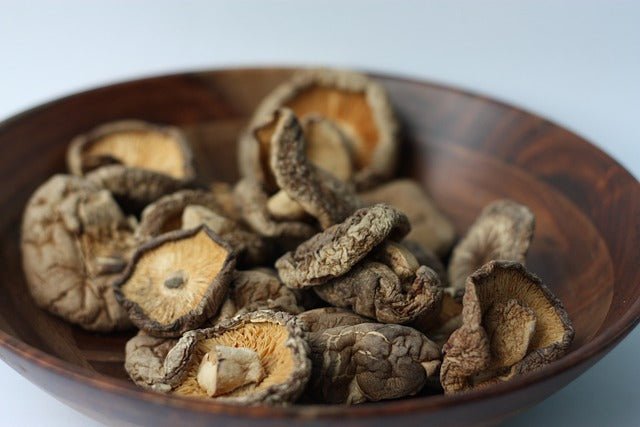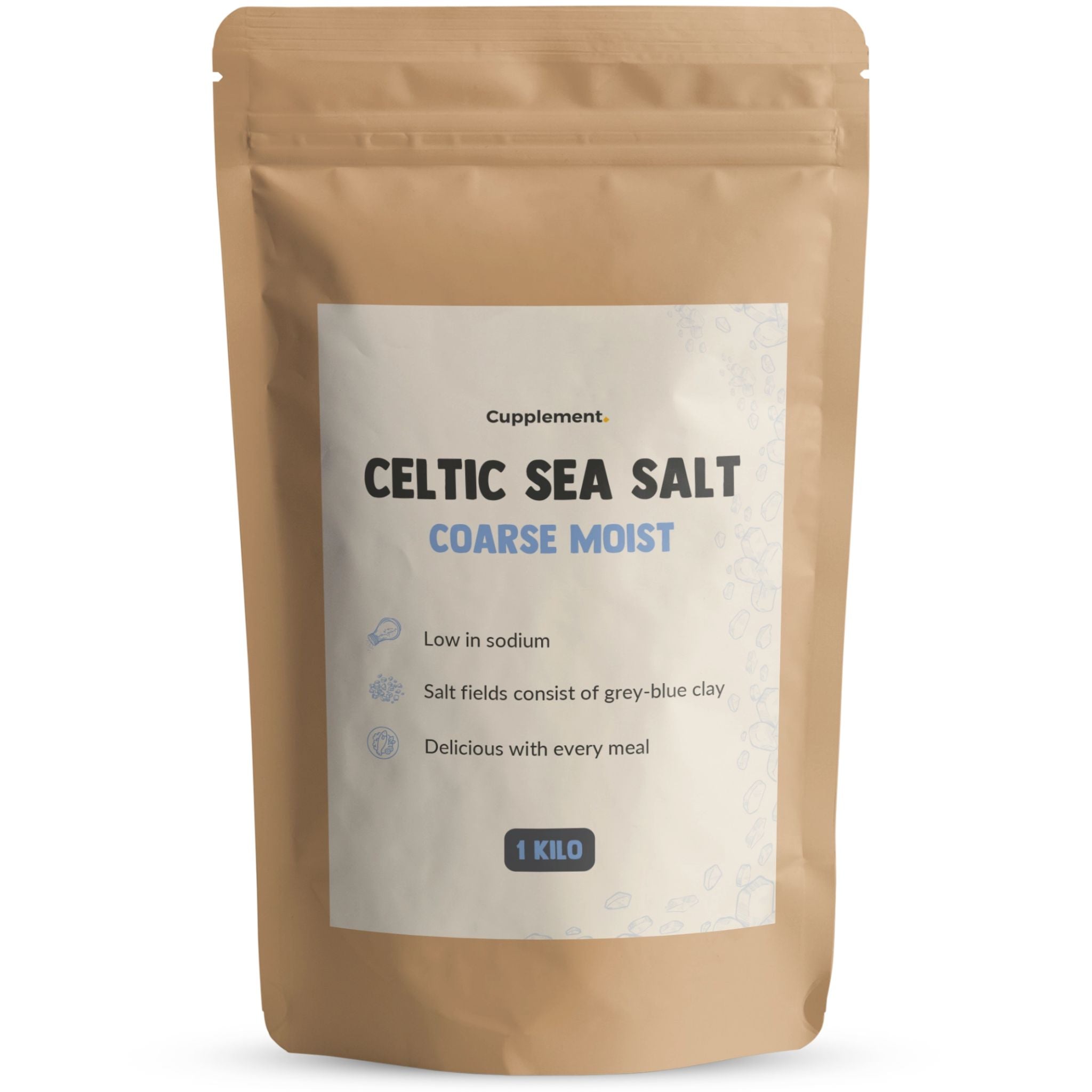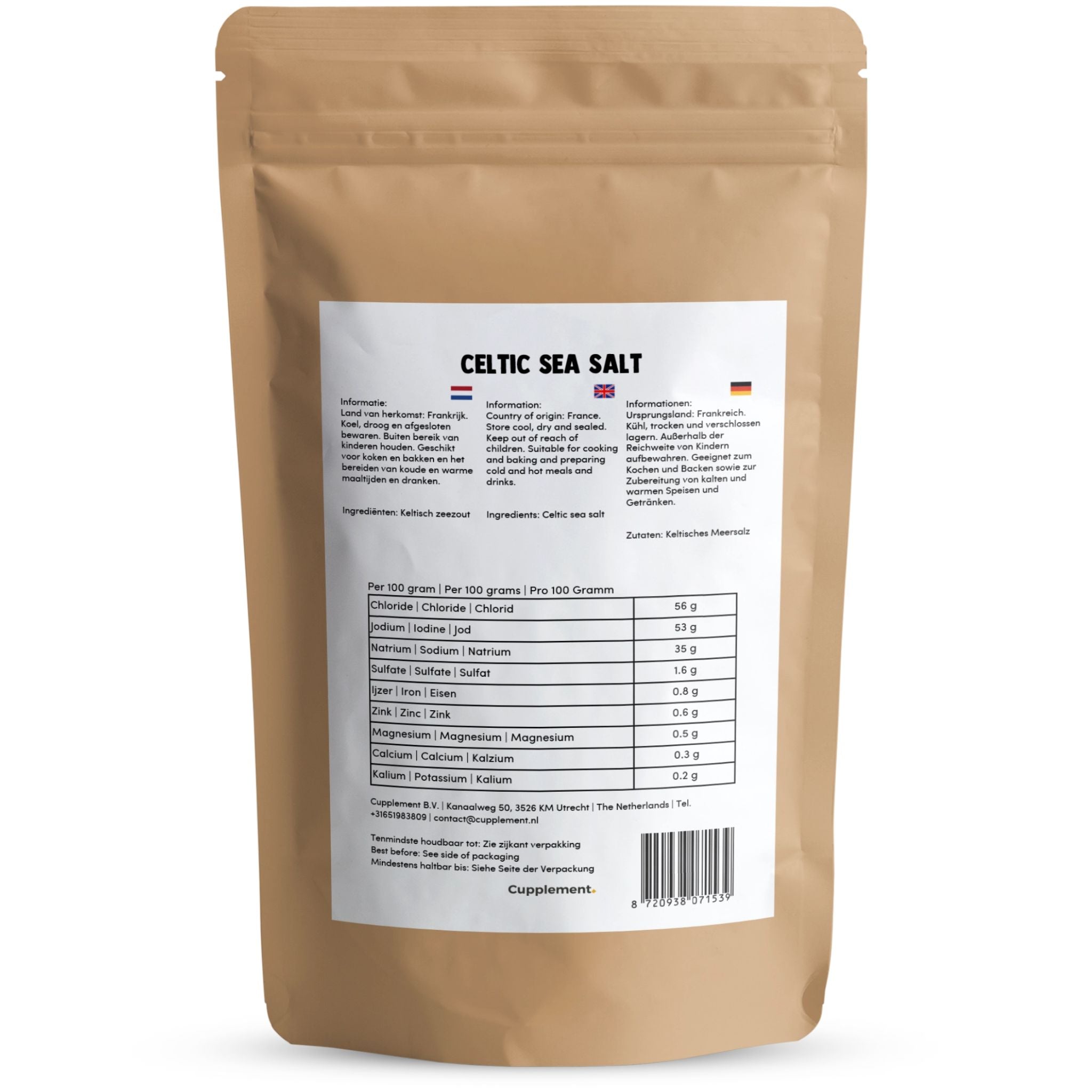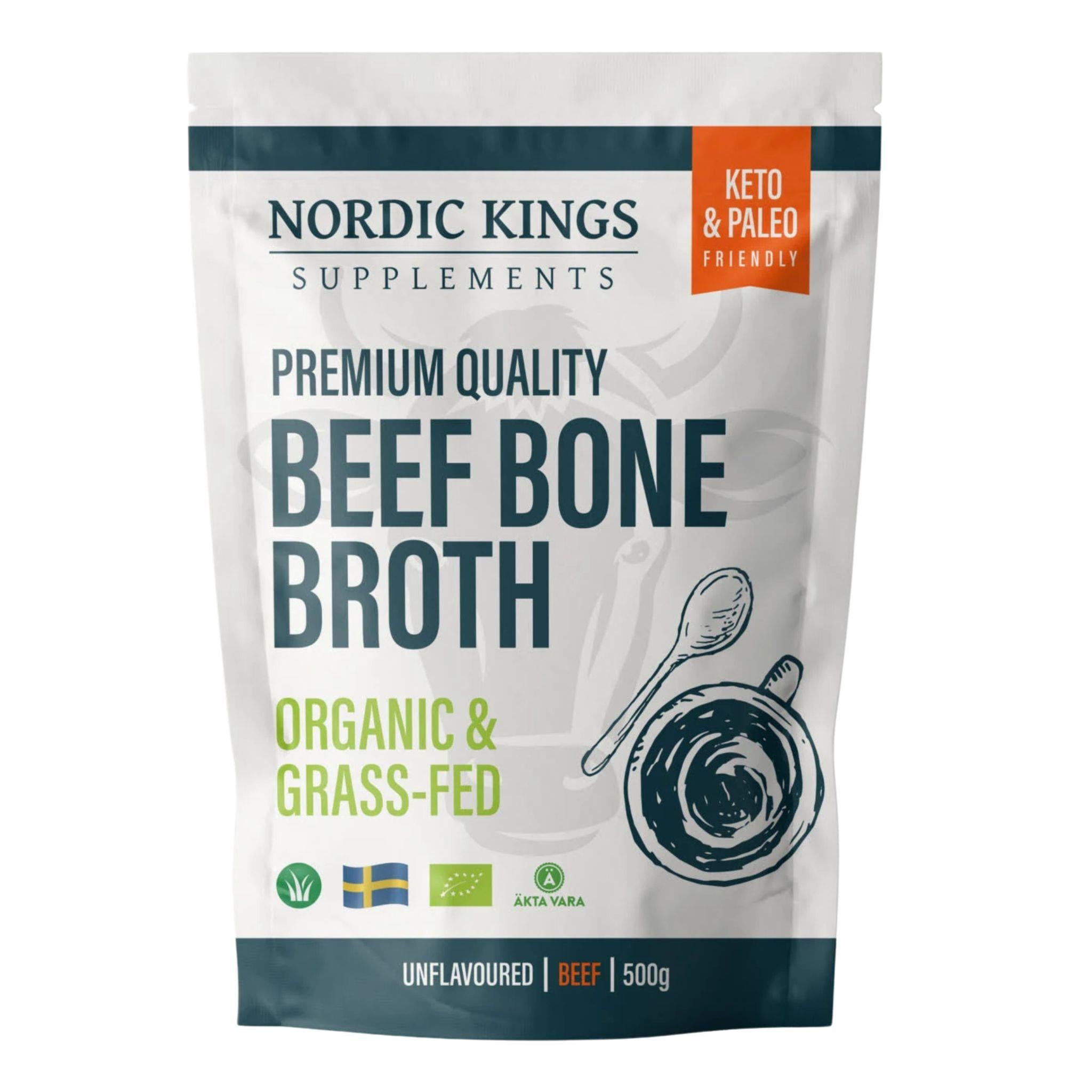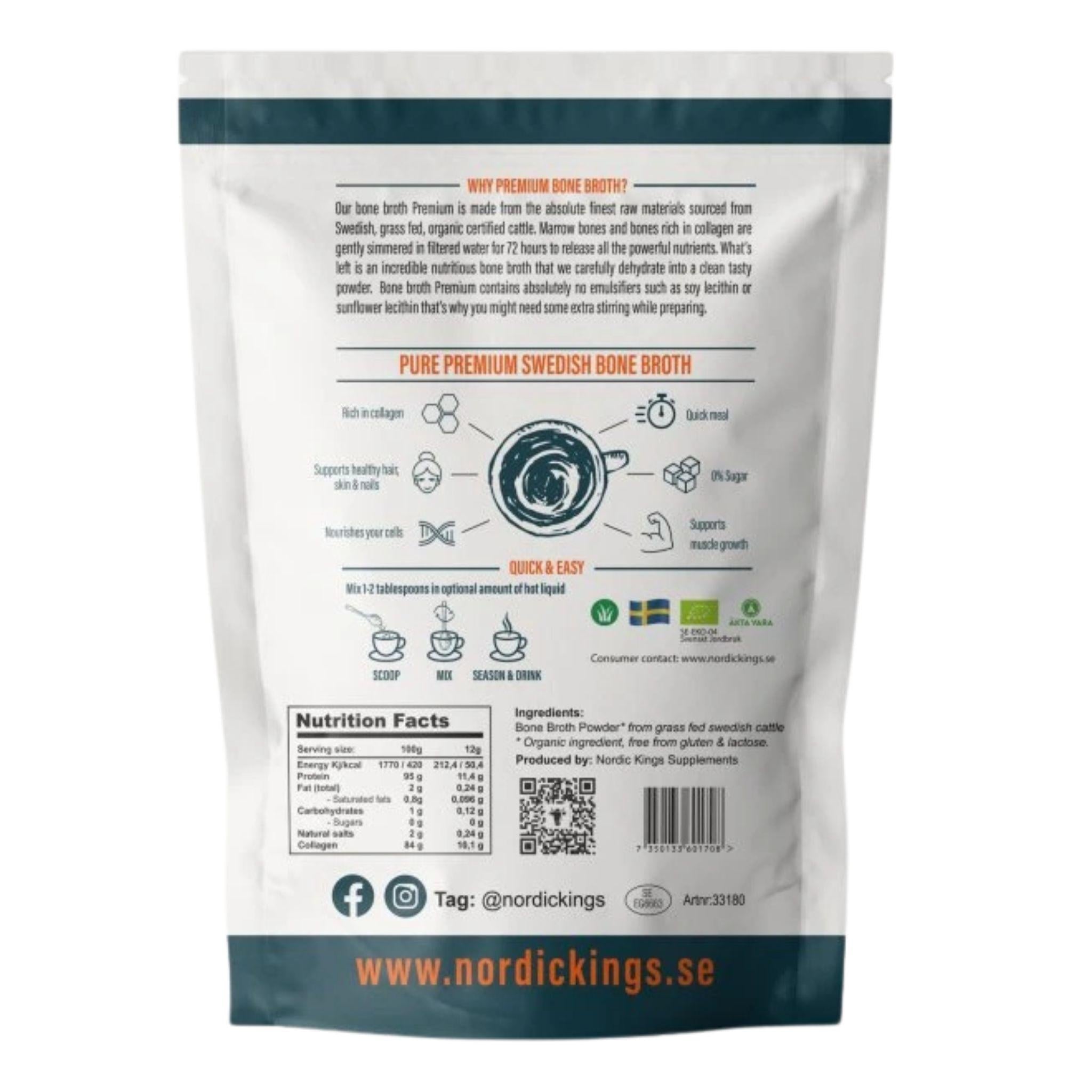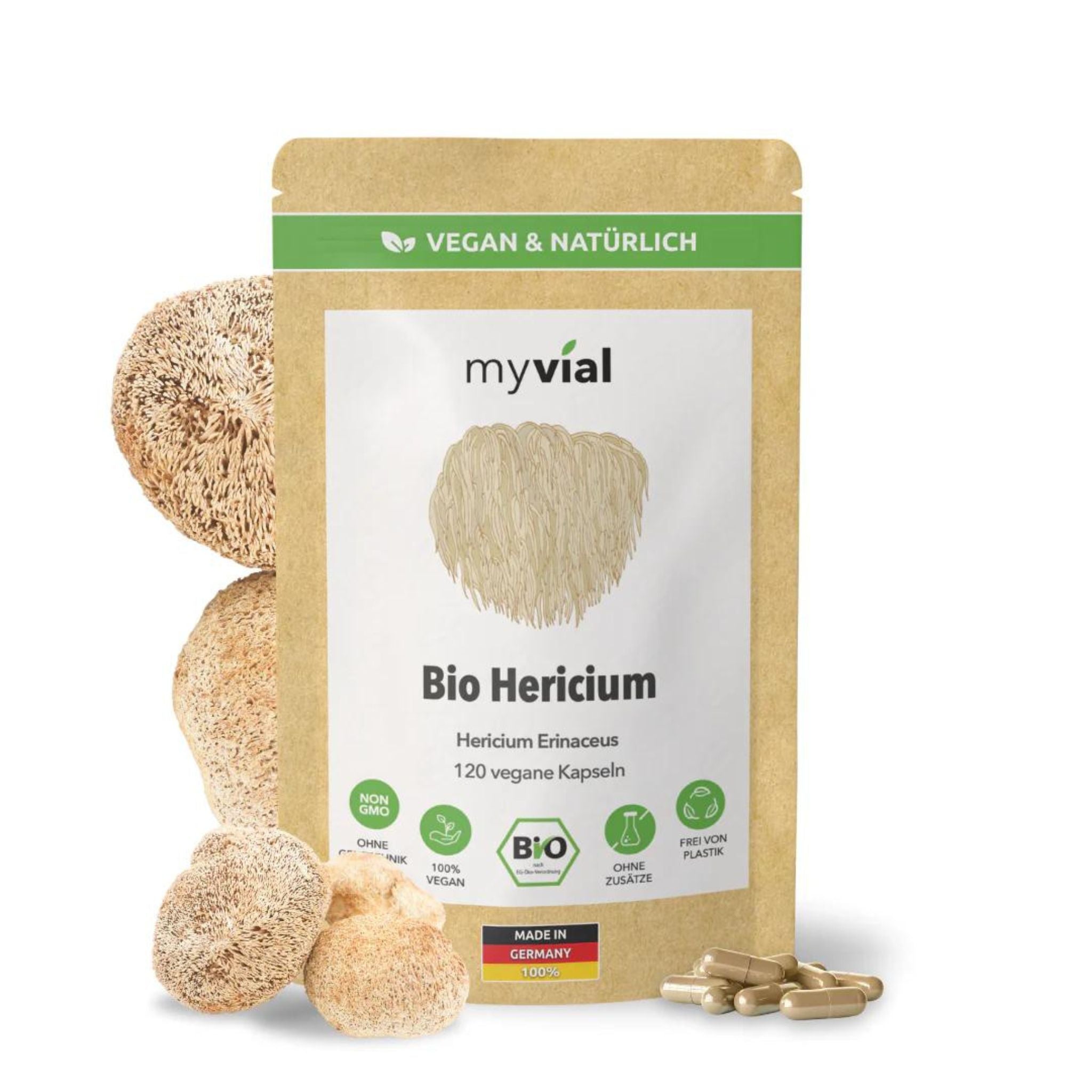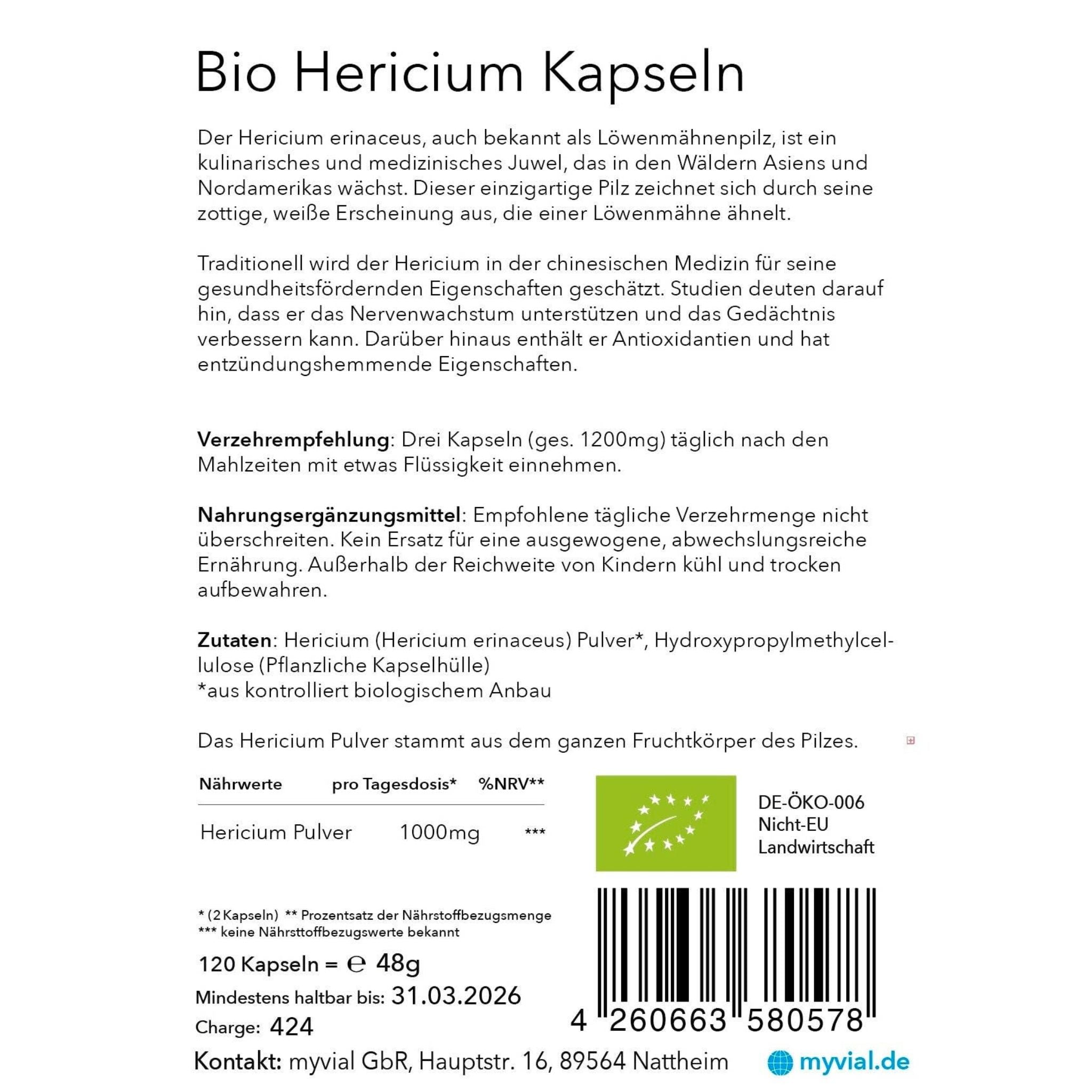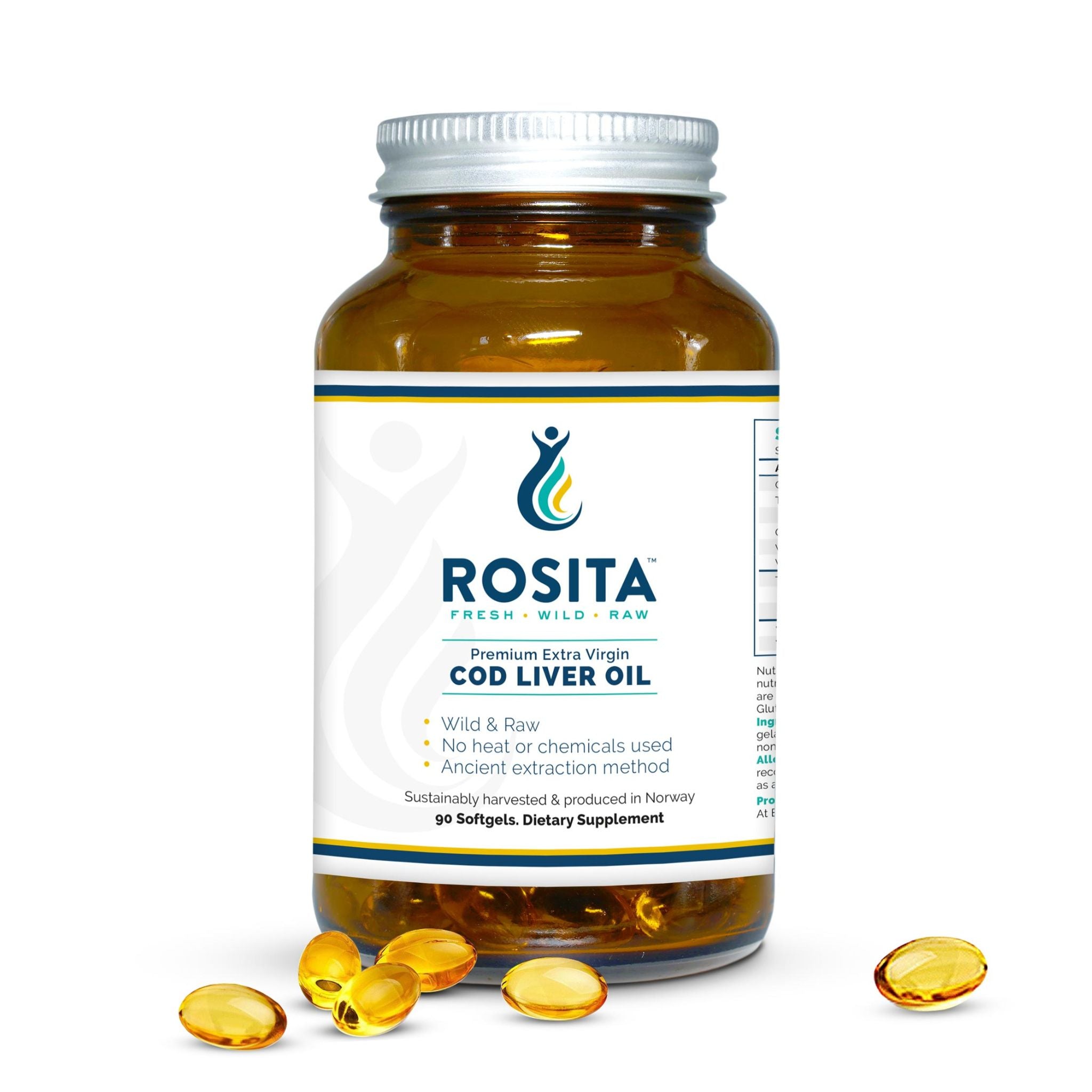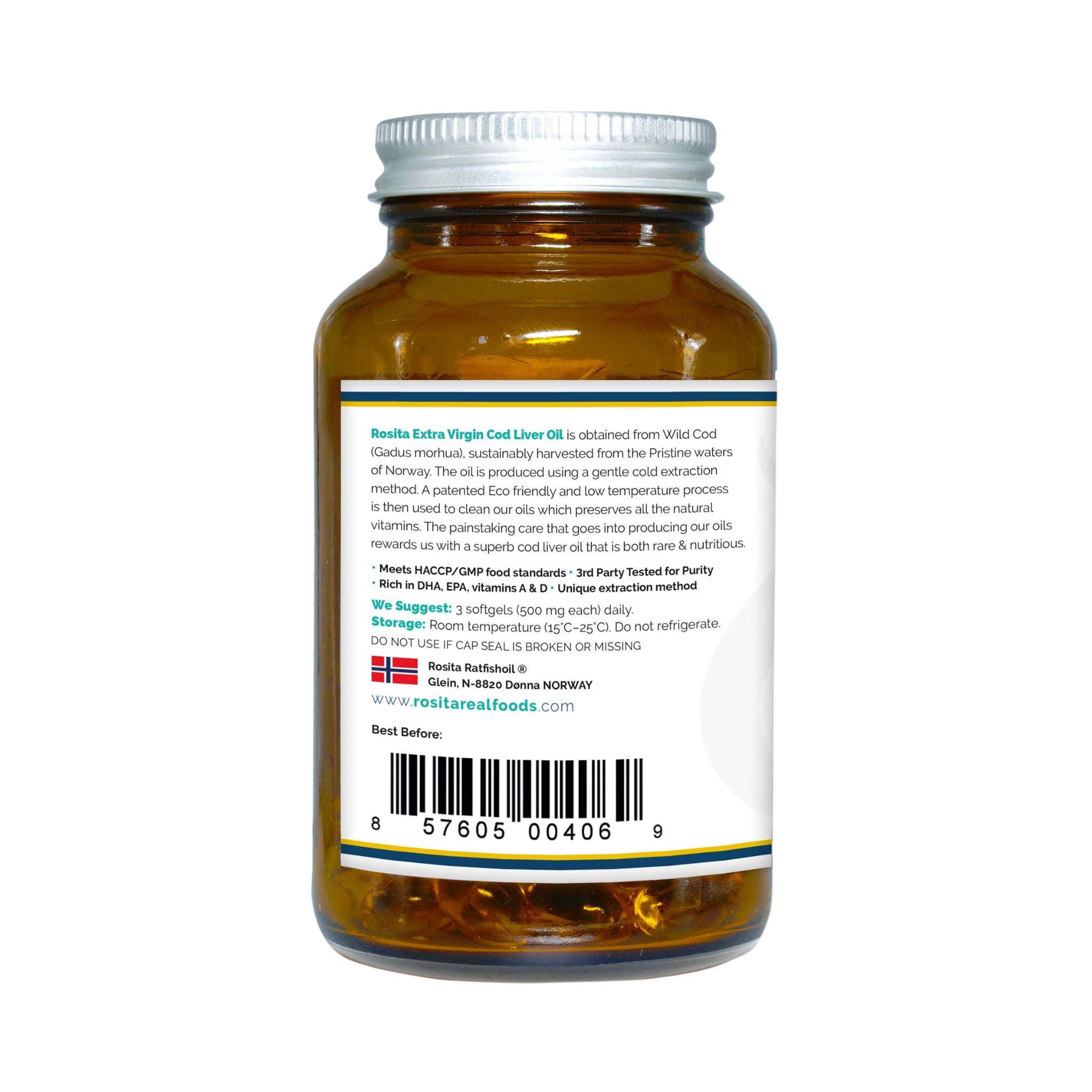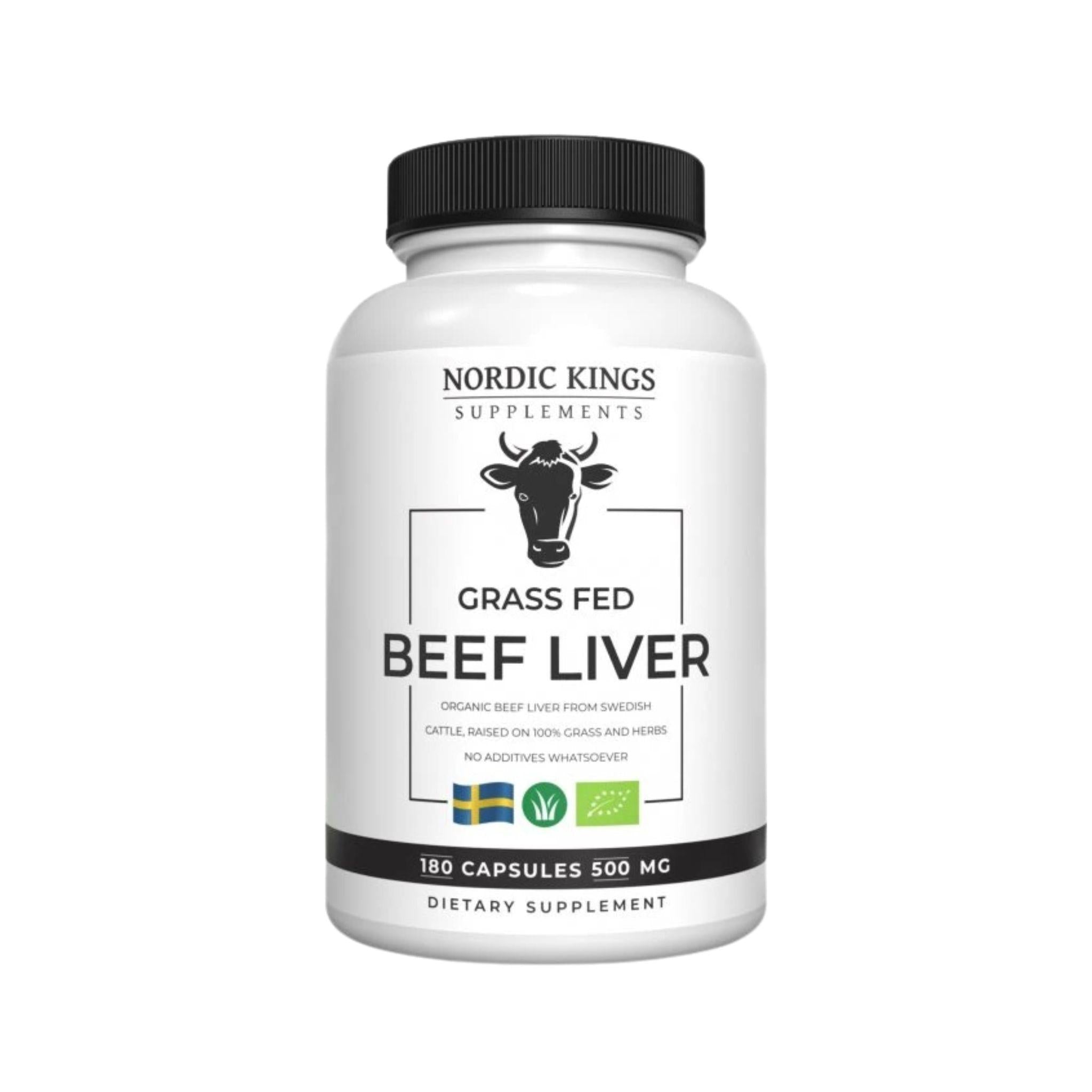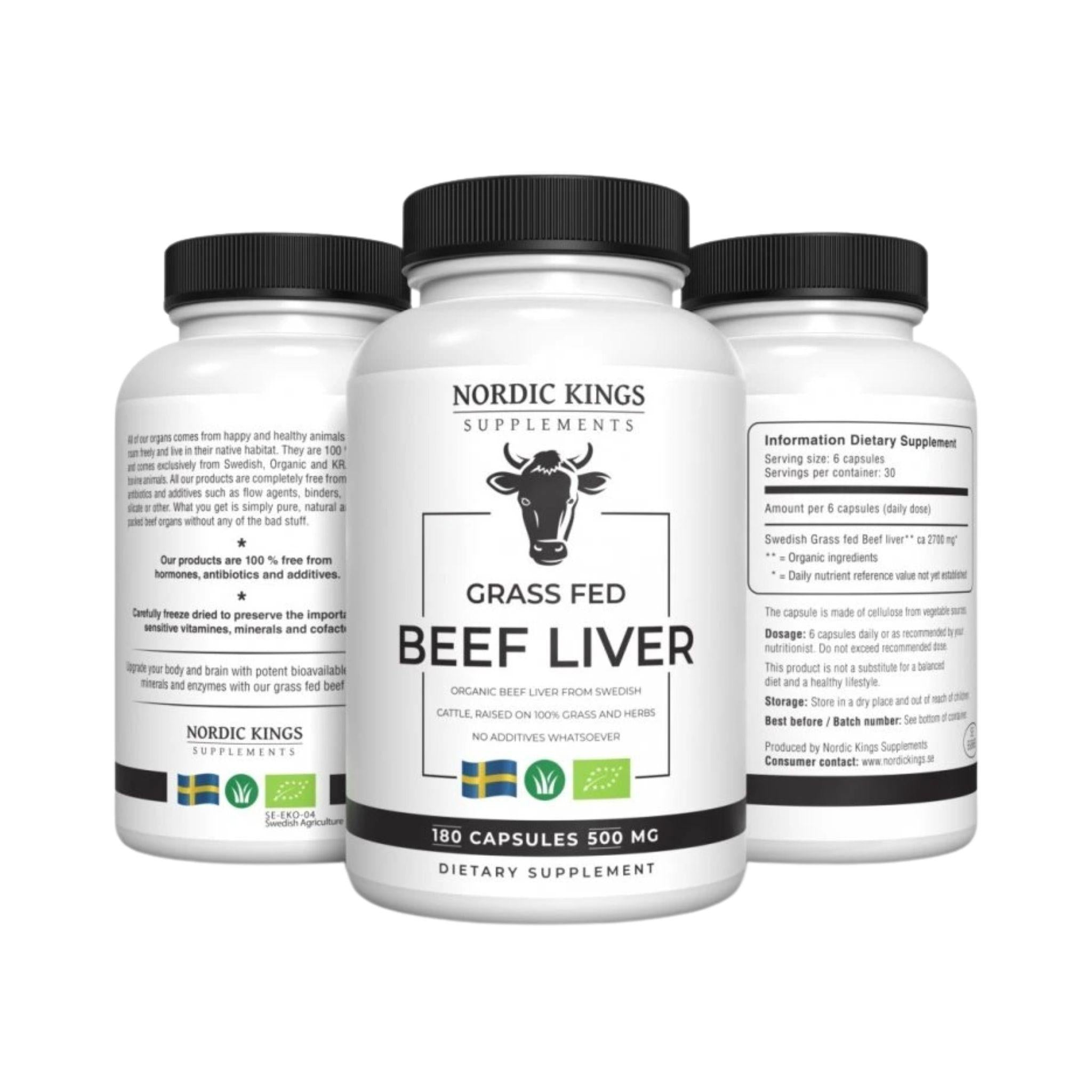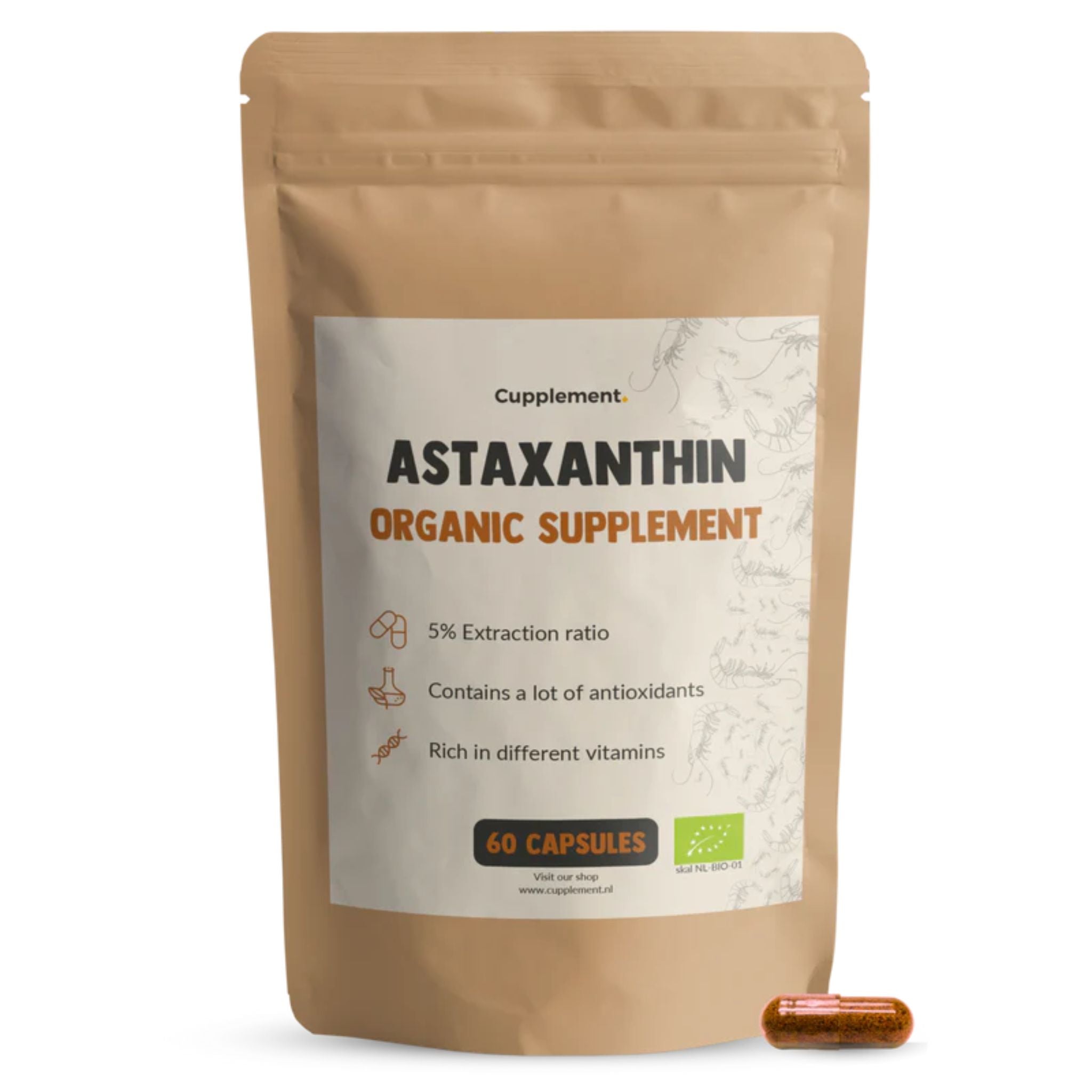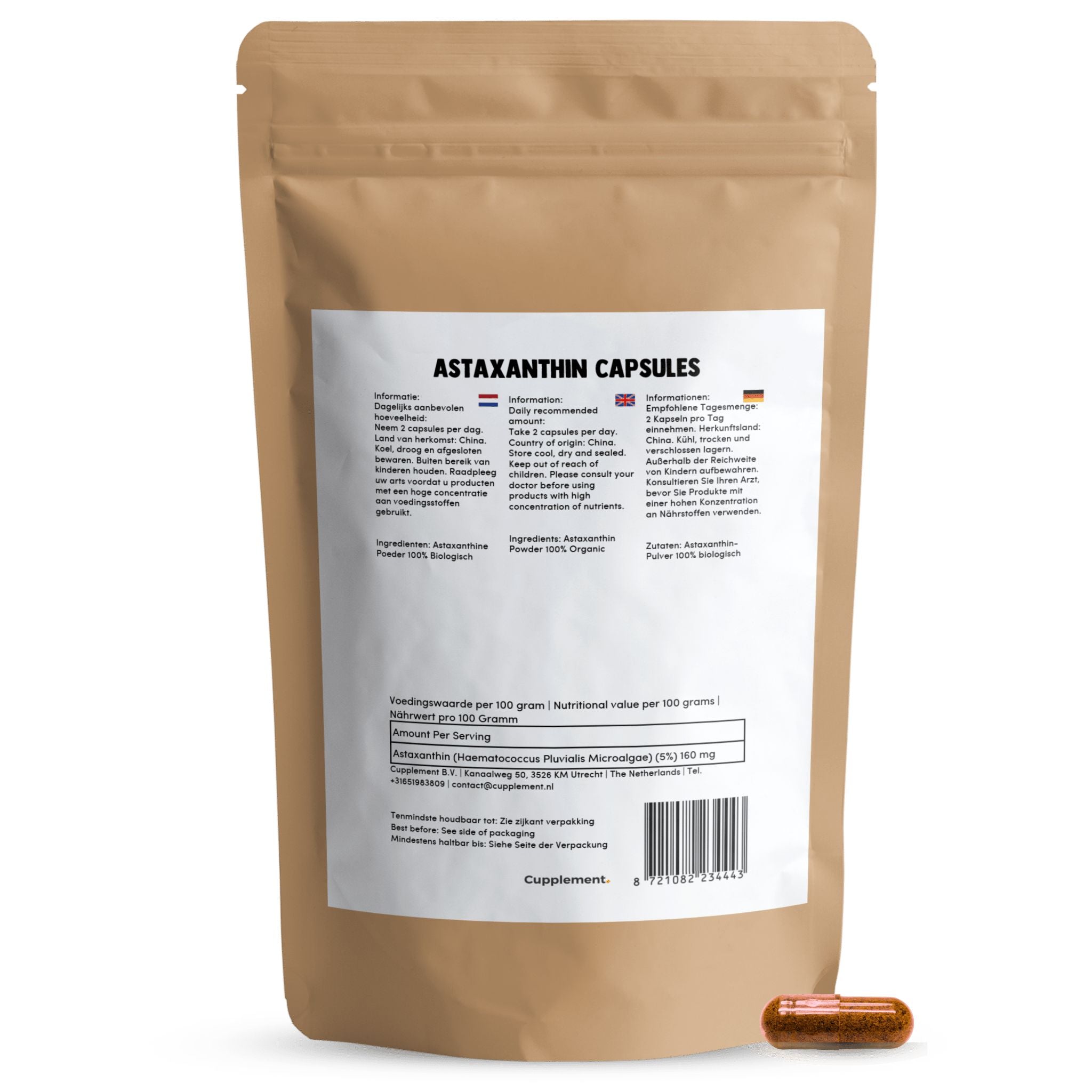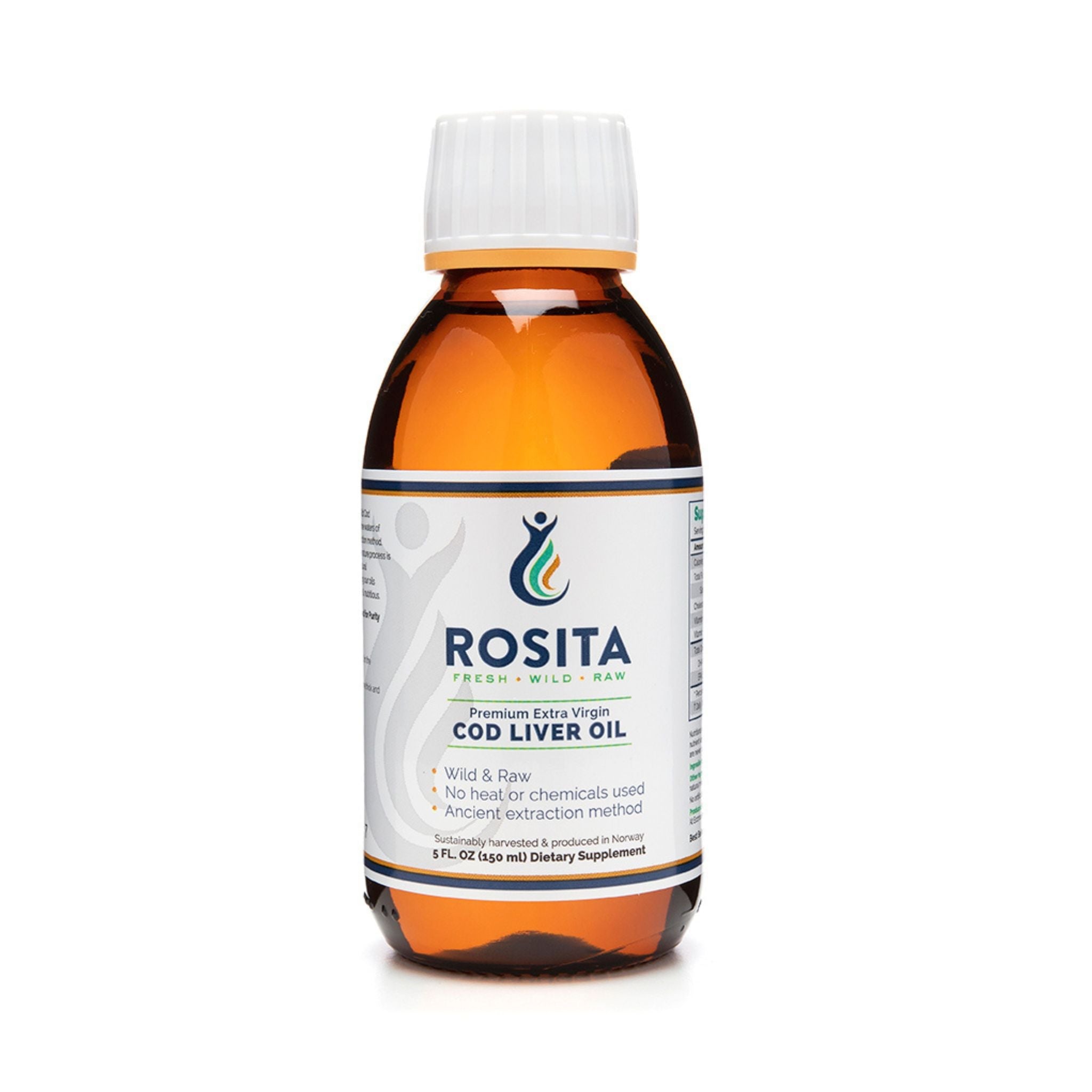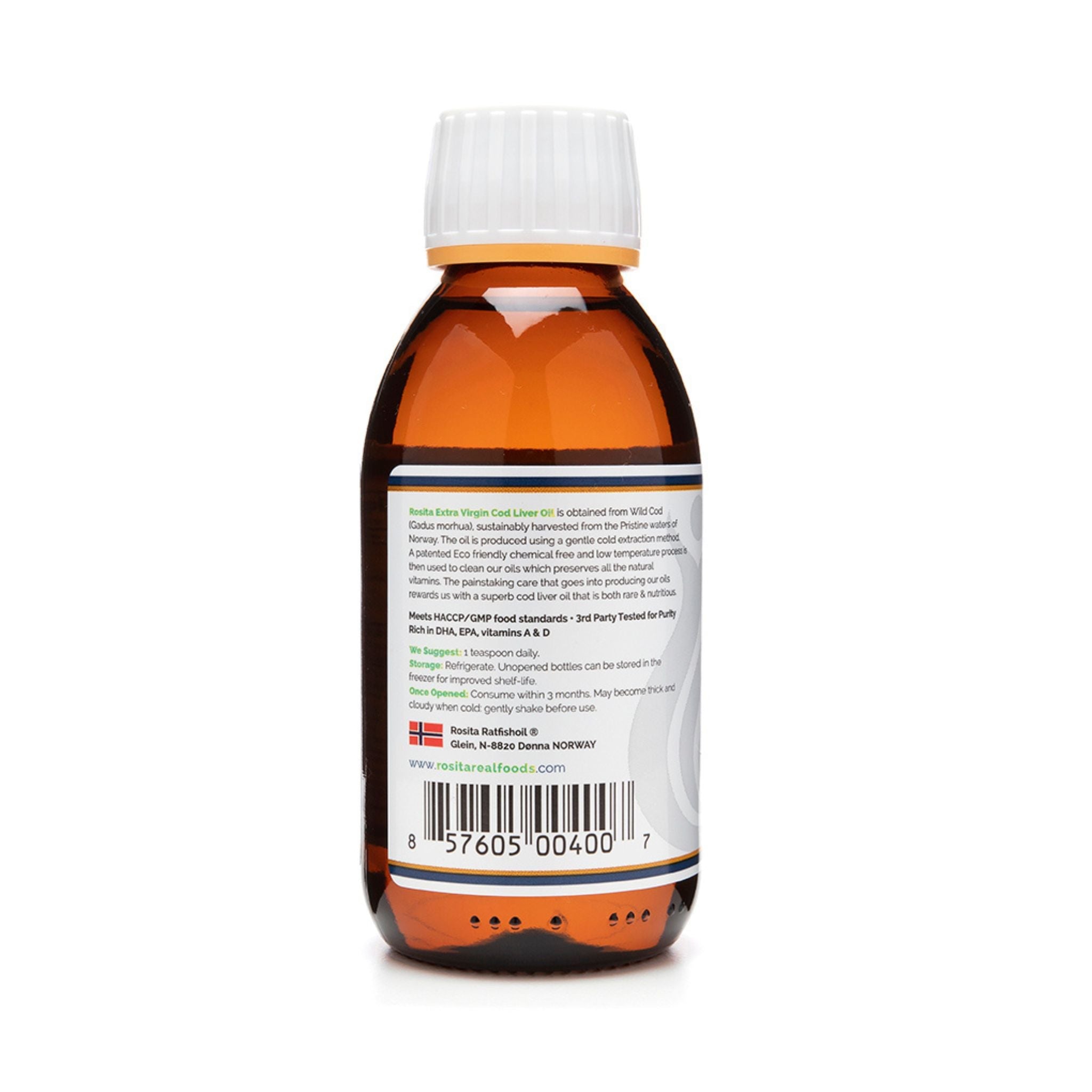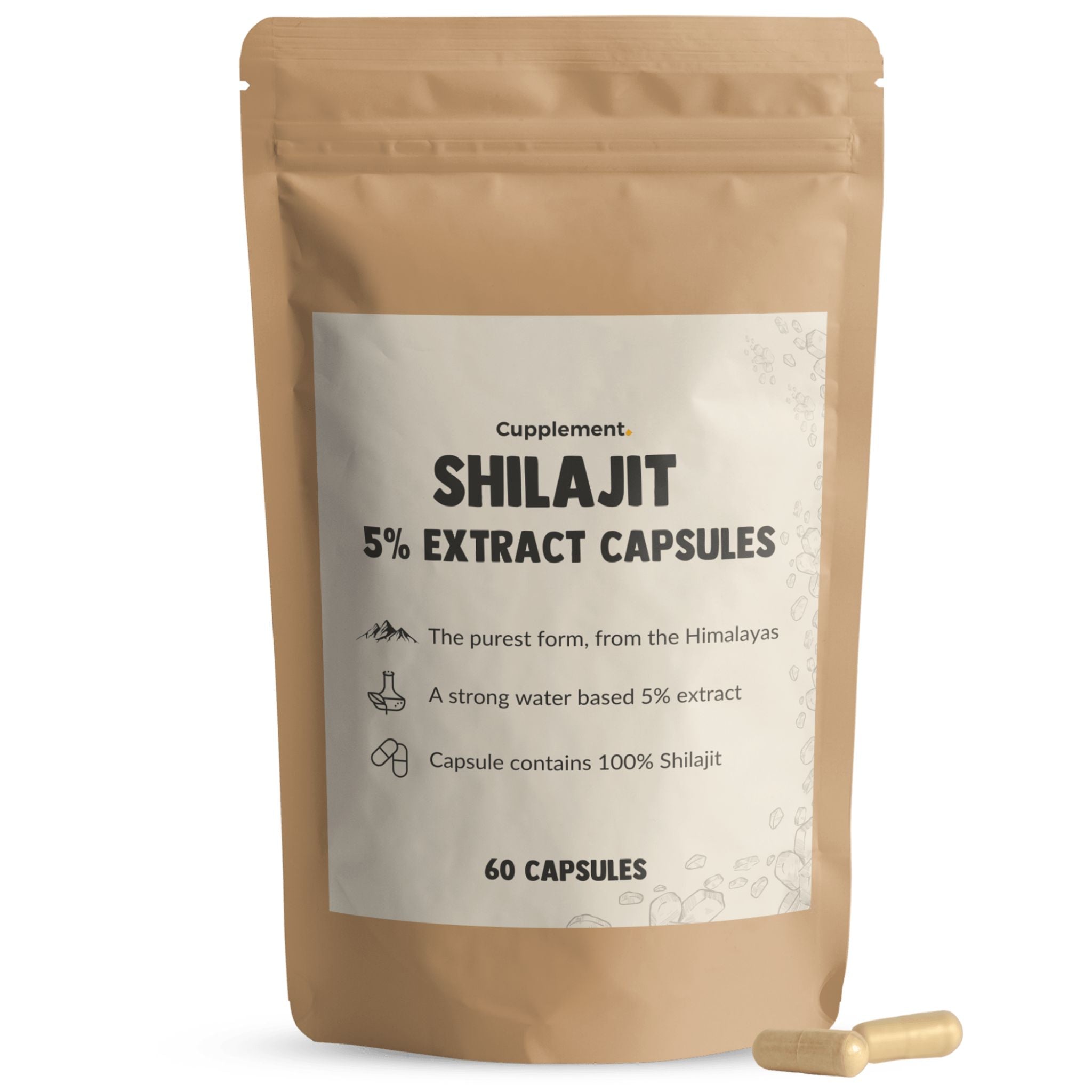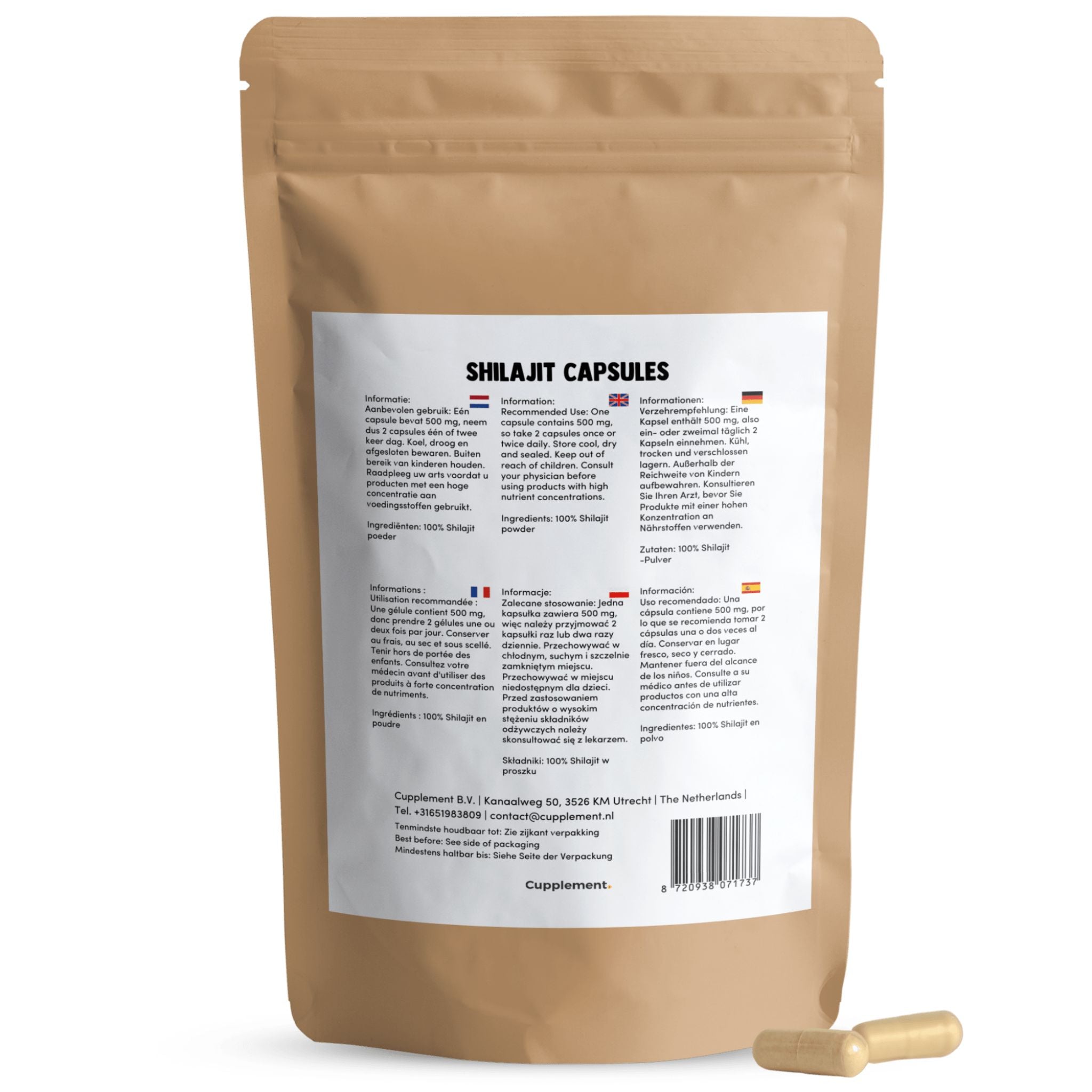Turmeric, also known as turmeric root, is a spice derived from the root of the Curcuma longa plant. It is an essential ingredient in many Asian dishes, giving them their characteristic golden yellow color. But turmeric is more than just a color and flavor in the kitchen. It also has a long history in traditional medicine, particularly in Ayurvedic and Chinese medicine. In this post, we will explore the various health benefits of turmeric and why it is considered a superfood.
Anti-inflammatory properties
One of the most notable benefits of turmeric is its anti-inflammatory properties. The active ingredient in turmeric, curcumin, has been shown in numerous studies to be a potential anti-inflammatory agent. Chronic inflammation is linked to a variety of diseases, including heart disease, diabetes, Alzheimer's disease, and various types of cancer. Regular consumption of turmeric can help reduce inflammatory processes in the body, thereby lowering the risk of these diseases.
Supporting brain function
Research suggests that curcumin may also promote brain function and help protect brain cells. It increases levels of the brain hormone BDNF (Brain-Derived Neurotrophic Factor), which is important for the growth and differentiation of nerve cells in the brain. Higher levels of BDNF are associated with improved brain function as well as a lower risk of brain disease.
Prevention and treatment of heart disease
Curcumin improves the function of the endothelial cells that line blood vessels. Healthy endothelial function is crucial for regulating blood pressure and blood clotting. By improving endothelial function, turmeric may help prevent and treat cardiovascular disease.
Relief from arthritis pain
Due to its anti-inflammatory properties, turmeric is often used to treat arthritis. Many people with rheumatoid arthritis and other forms of arthritis report relief from their symptoms when taking turmeric regularly.
Cancer prevention and treatment
Some studies show that curcumin also has the potential to inhibit the development and spread of cancer cells. It acts as an antioxidant by neutralizing free radicals and also affects various molecular mechanisms that play a role in cancer development.
How to use turmeric?
Turmeric can be used fresh, dried or as a powder. It is a main ingredient in curry powder and is often used in spice blends. For health benefits, experts recommend taking turmeric with black pepper, which improves the absorption of curcumin.
Conclusion
The health benefits of turmeric are extensive, and research is constantly discovering new potential uses. It's important to note that turmeric is safe in regular kitchen doses, but high doses or medicinal preparations should only be used under the supervision of a health professional, as they may interact with certain medications. Whether used as a spice in your favorite dishes or as an addition to your daily health routine, turmeric is a spice that has more to offer than just flavor.



